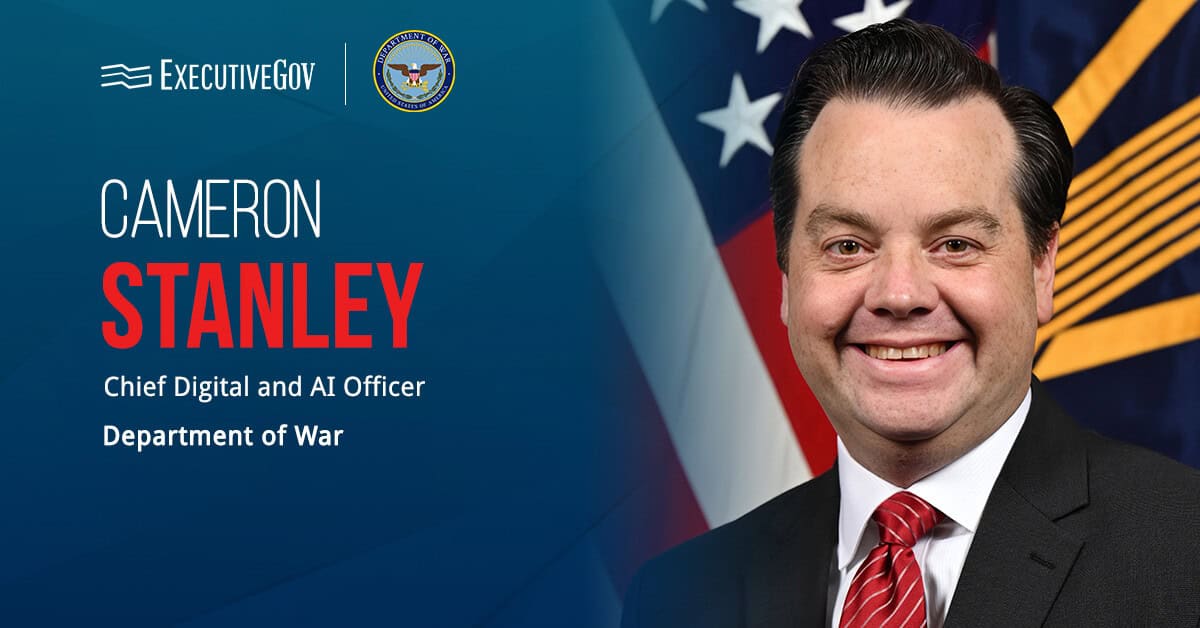
Benjamin Huebner, privacy and civil liberties officer for the CIA, told attendees at a Brookings Institution event in Washington, D.C. that the agency is working on over 100 artificial intelligence initiatives, Nextgov reported Friday.
Huebner said the CIA seeks to incorporate new data analytics and machine learning methods in AI development while also covering ethical issues like biases and privacy measures. He added that the agency intends to implement “explainability†into its AI technology, which will provide users with insight into “how the algorithm actually got to the answer it did.â€
“The algorithm that’s pushing that data out is a black box and that’s a problem if you are the CIA,†he said.





